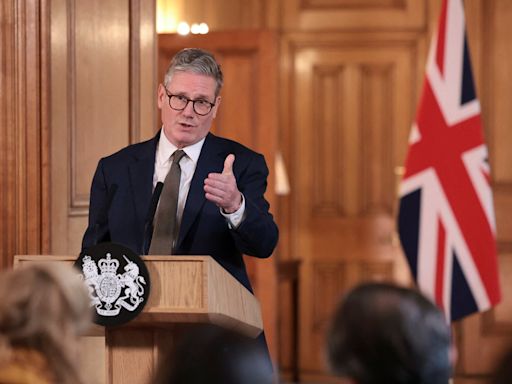Search results
Call Me MISTER® is a program that supports and mentors male students from underserved communities to become teachers in South Carolina. It offers tuition assistance, academic and social support, and job placement for participants who want to teach in low-performing elementary schools.
Oct 14, 2023 · Call Me Master. If you cannot remember, listen to your body. If anyone discovers that slave master Ananse has lost her memory, she will be killed. So to save herself, she ropes in Solteo, a slave who hates her beyond compare. Her proposal?
Call Me Mister is a 1951 American Technicolor musical film released by Twentieth Century-Fox. The feature was directed by Lloyd Bacon and re-written from the 1946 Broadway play version by Albert E. Lewin and Burt Styler with music by Harold Rome that featured cast members from the US armed forces.
Call Me MISTER is a program that supports Black, male aspiring teachers in South Carolina. It offers coaching, mentorship, scholarships, and job placement assistance at 18 partner colleges and universities.
The primary mission of the Call Me MiSTER (CMM) program, founded in 2000 and headquartered at Clemson University, was originally developed in collaboration with three private historically Black institutions to address the significant shortage of African American men teaching in K-8 public elementary school classrooms.
Jul 25, 2021 · Rebecca Koenig spotlights Call Me MISTER, a leadership development program supporting Black male teachers throughout their education. What can funders do to support programs like Call Me MISTER that provide resources for Black male educators? Learn about why teacher representation matters to students of color.
The primary mission of the Call Me MiSTER (CMM) program, founded in 2000 and headquartered at Clemson University, was originally developed in collaboration with three private historically Black institutions to address the significant shortage of African American men teaching in K–8 public elementary school classrooms.






